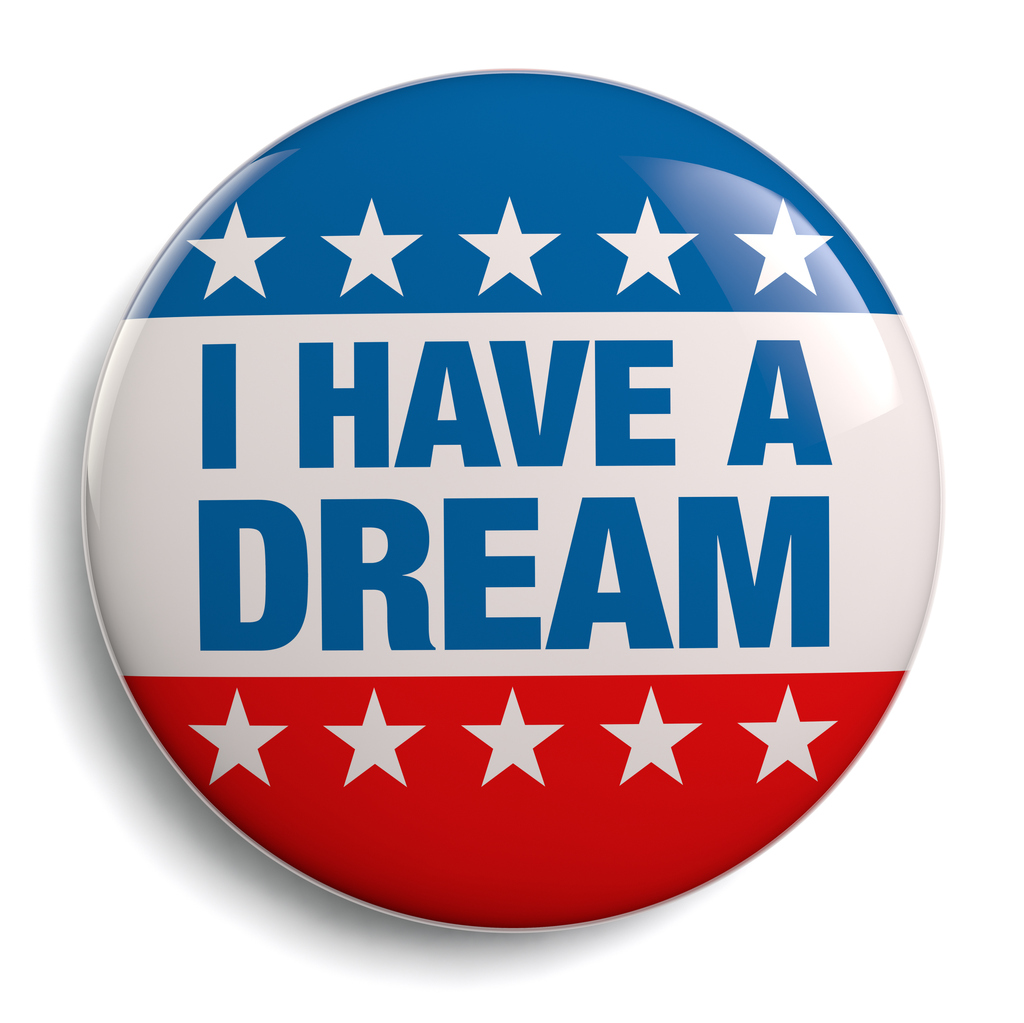This MLK Day, Cities Transform Hurt Into Healing
by Leon T. Andrews, Jr., is the Director of the Race, Equity And Leadership (REAL) initiative at the National League of Cities. Reposted from the NLC Website.
As we take the weekend to commemorate the life’s work of Reverend Dr. Martin Luther King, Jr. begins, cities around the country are deep into building new ways to think about racial healing and racial equity, and how to bring this conversation to a broader set of communities and institutions. Many in our nation have a new appreciation for the everyday impacts of structural racism on people of color and the ways we are all obligated to face national tensions.
Following on Monday’s celebration of Dr. King’s legacy, the third annual National Day of Racial Healing (NDORH) gives us the opportunity on Tuesday to examine the depth of work needed to build toward his goals and visions. While a number of cities are issuing proclamations to honor NDORH, others like Long Beach, California, and Wichita, Kansas, have organized community events to help build an understanding of racial healing among the public. Beyond these initial steps, cities like Eureka, California, are setting the precedent to commit to law the repair and transformation needed for healing through actions like returning sacred land to tribal ownership.
Asking the question, “What does racial equity and racial healing require?” is part of the work that the National League of Cities (NLC) Race, Equity and Leadership (REAL) initiative supports cities to do, through their participation in the W.K. Kellogg funded technical assistance and peer learning effort. The work takes many different forms, but NDORH offers an opportunity for additional visibility for efforts these cities launched and grew last year.
Over the past year, six cities have built core teams, developed trainings and project charters and reached out to engage community partners who may not have previously been engaged in this work. The teams, from Pittsburgh, Pennsylvania, Long Beach, California, Wichita, Kansas, Rochester, New York, Saint Paul, Minnesota, and Charlotte, North Carolina, came together in October for a convening to explore their own city histories in light of the vivid racial healing landscape in New Orleans, Louisiana. Cities in the cohort will mark NDORH when they issue proclamations that acknowledge the day, host community events to begin understanding community answers to the question of what racial healing looks like, and build new partnerships with non-governmental sectors.
In addition to REAL’s technical assistance initiative in these six cities, the W.K. Kellogg-funded project includes our peer learning community with nine other cities, and the development of ten city profiles that highlight concrete steps city elected officials are taking towards racial equity. Through the project, NLC will release a new repository of practices with city ordinances and policy change examples later this month.
The effort to catalyze municipalities to host community conversations on race relations, justice and equity is another way REAL supports cities to take action to address racism. The National Municipal Network for Community Conversations on Race Relations, Justice and Equity, funded by the Wells Fargo Foundation and launched in 2018, is calling on local leaders to take on the task of organizing and leading conversations on race relations, justice and equity, and offers them tools to do so.
One such tool, currently under development, is a municipal action guide for city leaders to respond to race-related incidents. This tool will provide insight into lessons learned from man-made crisis moments that reflect racial tension when they occur in a municipality and provide tactical strategies to navigate these moments responsibly with compassion and understanding.
Over the next week, watch this space where we will highlight the strides cities are making to address centuries’ old race challenges and the role local elected officials play as they set the tone for racial healing and transformation. These actions help reconcile old wounds and move forward to dismantle the racial hierarchies and biases enshrined in law.

About: National League of Cities
The National League of Cities is the oldest and largest national organization representing municipal governments throughout the United States. Its mission is to strengthen and promote cities as centers of opportunity, leadership, and governance.
Working in partnership with the 49 state municipal leagues, the National League of Cities serves as a resource to and an advocate for the more than 19,000 cities, villages, and towns it represents. More than 1,600 municipalities of all sizes pay dues to NLC and actively participate as leaders and voting members in the organization.
The National League of Cities provides numerous benefits to its network of state municipal leagues and direct members. The National League of Cities is an advocate for cities and towns while providing programs and services that give local leaders the tools and knowledge to better serve their communities.
Go to www.nlc.org for more information.